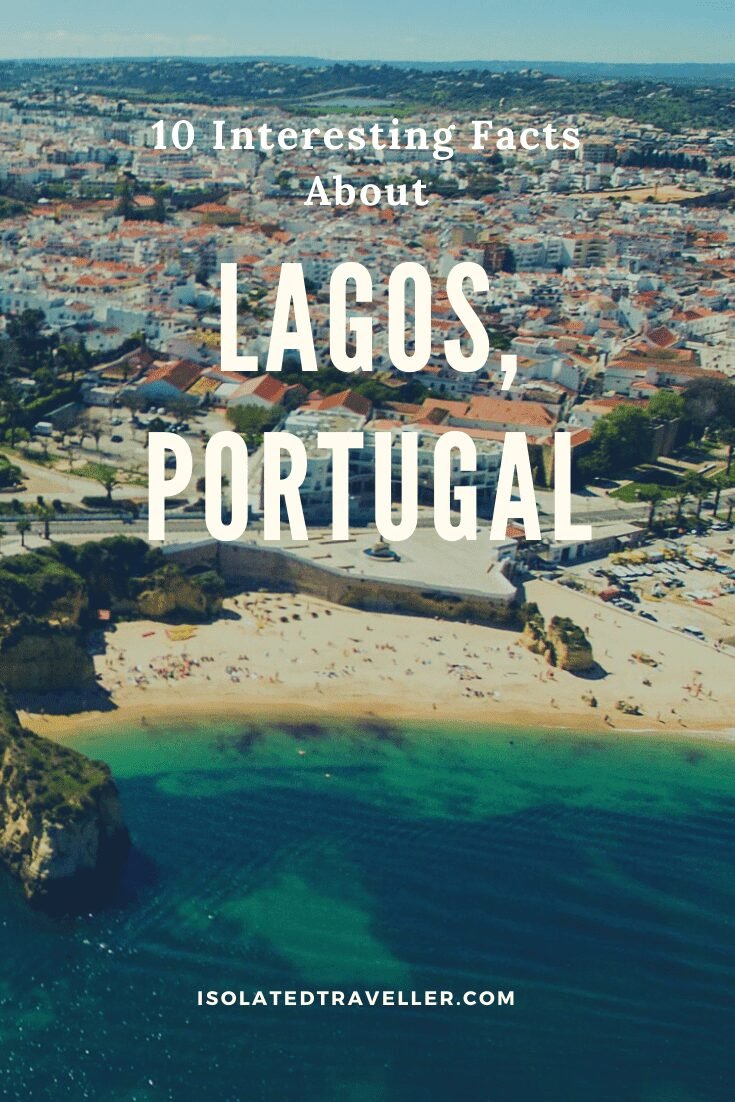Facts About Lagos:
-
The municipality of Lagos is divided into 4 civil parishes: Bensafrim e Barão de São João, Lagos (São Sebastião e Santa Maria), Luz which includes the separate villages of Almádena and Espiche & Odiáxere.
-
The name Lagos comes from a Celtic settlement, derived from the Latin Lacobriga, the name of the settlement was established during the pre-Punic civilizations.
-
The Moors arrived in the 8th century from North Africa, renaming the settlement Zawaia (meaning lago, or lake). It became part of the much larger coastal region of al-Gharb, which eventually became known as the Algarve.
-
Lagos is an ancient maritime town with more than 2000 years of history.
-
Lagos is a municipality at the mouth of Bensafrim River and along the Atlantic Ocean
-
Lagos is twinned with: Torres Vedras, district of Lisbon, Portugal; Ribeira Grande, island of São Miguel, Azores; Ribeira Grande de Santiago, the island of Santiago, Cape Verde; Palos de la Frontera, autonomous community of Andalusia, Spain & Ksar El Kebir, city in the province of Larache, Morocco.
-
The population of Lagos is 22,000.
-
In 2012 Lagos received the QualityCoast Gold Award for its efforts to become a sustainable tourism destination.
-
In the Battle of Lagos (1693) a French flotilla defeated a combined Anglo-Dutch force, while in the Battle of Lagos (1759) a British force defeated a French force.
-
Notable people of Lagos: José Reis, Júlio Dantas, Júlia Barroso, Diogo Rodrigues, Lançarote de Freitas, Gil Eanes, Soeiro da Costa & São Gonçalo de Lago.
-


